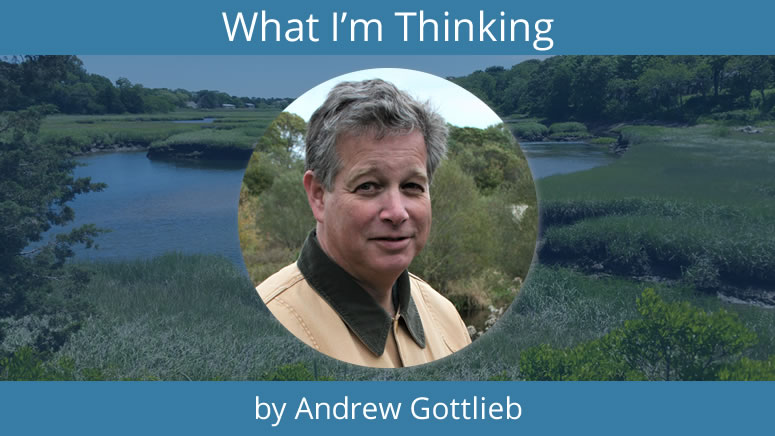Summer is upon us, and it is already very busy on the roads, at the stores, in restaurants and on beaches, trails and waterways. Almost everyone has stories about long lines and delays that are endemic, enhanced as they are by a well-documented labor shortage, to a seasonal place like Cape Cod. What gets less attention is the impact the crowds have on the natural resources that draw the crowds in the first place.
More use of open spaces by more people is most certainly a good thing. It is human nature to value that which we use, so getting more people outside into natural settings increases the number of people who will prioritize land stewardship, value open space, and appreciate the importance of good water quality. For some of us, the inherent importance of the preservation of natural places, whether we use them or not, is sufficiently motivating to advocate for their protection. I’ve never been to Alaska, but I want to see its wilderness protected. That said, a more personal connection to a particular place is often what motivates many people to invest energy into stewardship. Either path leads to the same place and as long as more people conclude that protecting our environment is important, that is a good thing.
What gets less coverage than the shortage of people to scoop ice cream is the trouble towns and other stewards of the land and water have had hiring the seasonal staff needed to manage crowds at public spaces like beaches, trails, and waterways. Fewer staff mean some beaches will not have lifeguards, gate attendants will be missing to manage trailhead parking areas, fewer people will be on trails to educate visitors, keep people on marked trails and to prevent destructive behavior that might damage ecologically sensitive areas. None of this means that we shouldn’t be outside enjoying our brief summer weather; it just brings a need for more awareness of how our presence, and that of others, can impact the landscape.
We can enjoy our public resources without destroying them at the same time. We can all do a little more to become stewards of our own special places in these times of diminished staff and increasing users. Practice and model good behavior when out and about and encourage others to do the same. Sure, there are jerks out there, but most people are out in natural spaces to enjoy, not despoil, them. Once properly informed of the reasons not to pick native flowers or to stay off the dune grass, most people will do so. Fair or not, it is our collective job as informed stewards of the Cape landscape to do a little more this summer to help those we encounter to understand and learn more about our resources. We will all be better for it.
Get outside.


